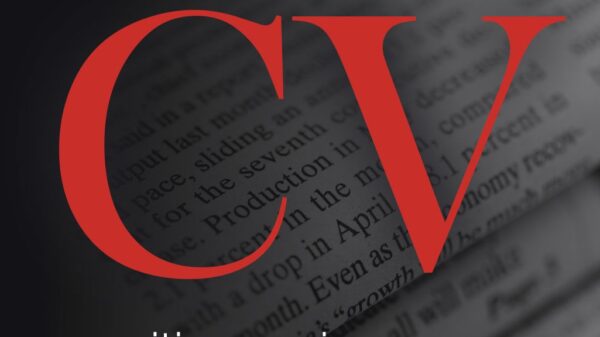The American tax code, a sprawling document exceeding 75,000 pages, stands as a testament to regulatory overgrowth. Despite numerous attempts at reform, it continues to grow more complex, leaving taxpayers and the Internal Revenue Service (IRS) in a challenging position. This complexity not only burdens individuals and businesses but also creates an environment ripe for exploitation by those with the means to navigate its intricacies.
Historically, the tax code has expanded through countless revisions, each adding layers of complexity. As a result, enforcement has become a daunting task, even for the well-funded IRS. The agency struggles to maintain organizational efficiency, as the convoluted nature of the tax code makes it nearly impossible to establish clear strategic priorities. This situation has led to a selective enforcement approach, which opens the door to potential corruption and uncertainty.
The Challenges of Enforcement
The IRS faces significant challenges in enforcing the tax code. The sheer volume and complexity of the regulations mean that only a fraction of the code can be effectively monitored. This selective enforcement creates a system where some individuals unknowingly violate the law, while others exploit loopholes to their advantage.
According to experts, the complexity of the tax code disproportionately benefits those with resources to hire skilled accountants and lawyers. These professionals can identify and exploit loopholes, allowing the wealthy to minimize their tax liabilities. This dynamic undermines the intent of tax laws, which are often designed to target unscrupulous wealthy individuals.
“The tax code’s complexity unfairly benefits those with time, resources, and ironically, money, to spend avoiding taxation,” notes a tax policy analyst.
Implications for Taxpayers and the Government
The ramifications of the tax code’s complexity extend beyond enforcement challenges. It creates a fundamental disconnect between the American people and their government. Taxpayers are often left frustrated and overwhelmed by the intricate requirements, leading to a loss of trust in governmental competence.
Moreover, the tax code’s complexity has significant economic implications. Billions of dollars are spent annually on compliance, diverting resources that could otherwise be invested in productive activities. This inefficiency hampers economic growth and innovation.
Historically, the American identity has been characterized by a resistance to excessive taxation. While some level of taxation is necessary for governance, the current state of the tax code is a point of contention. Many citizens view it as a symbol of bureaucratic excess and inefficiency.
Calls for Simplification
In light of these challenges, there is growing support for a simplified tax code. Proponents argue that a streamlined system would benefit both taxpayers and the IRS. By reducing complexity, the IRS could allocate resources more effectively, improving enforcement and reducing opportunities for abuse.
A simplified tax code would also alleviate the burden on taxpayers, making compliance more straightforward and reducing the need for costly professional assistance. While some tax incentives might be lost in the process, the overall benefits of clarity and efficiency could outweigh these drawbacks.
“A brutally simple tax code would allow Americans of all types to flourish,” suggests a tax reform advocate.
As discussions around tax reform continue, it is clear that addressing the complexity of the tax code is a critical step toward restoring trust and efficiency in the American tax system. Simplification could pave the way for a more equitable and effective approach to taxation, benefiting both the government and its citizens.
The path forward requires careful consideration and collaboration among policymakers, experts, and stakeholders. By acknowledging the limitations of the current system and embracing the potential of a simplified tax code, the United States can move toward a more sustainable and fair tax framework.






































































